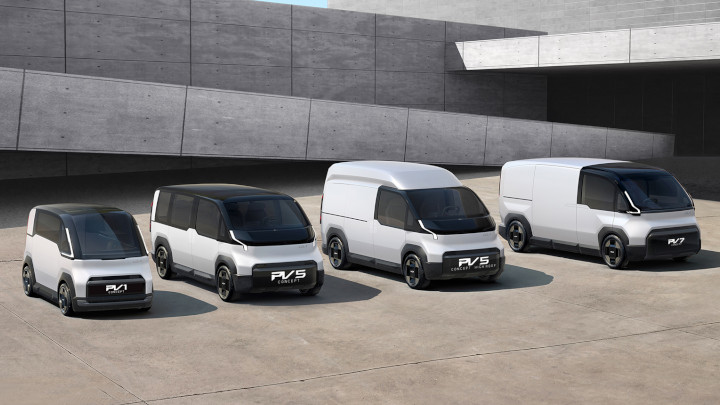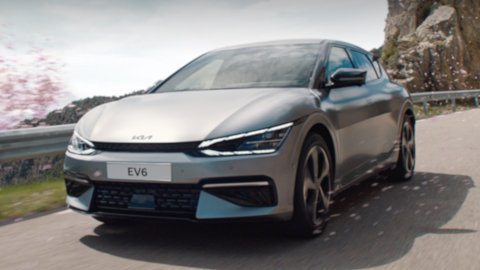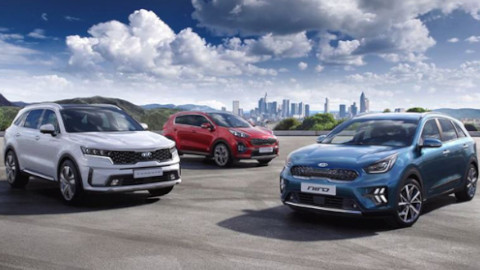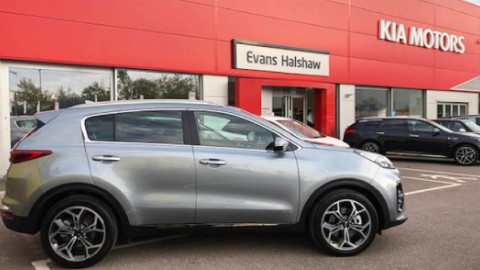Kia has revealed its Platform Beyond Vehicle future strategy at the CES 2024 in Las Vegas.
Kia’s PBV business will initially be based around the introduction of an all-new modular vehicle, previewed by the Kia Concept PV5.
The vision was presented alongside a multiphase plan that will see PBVs revolutionise the mobility industry while helping to advance Hyundai Motor Group’s ambitions in robotics, Advanced Air Mobility (AAM), and autonomous driving.
Kia PBVs are a total mobility solution that combine fit-for-purpose EVs with advanced software solutions based on the Hyundai Motor Group’s software-to-everything, or SDx, strategy.
As a Platform Beyond Vehicle, Kia PBVs will open the door to new businesses and lifestyles by redefining the concept of space thanks to advanced, tailored interiors that provide ultimate freedom and flexibility.
“Kia’s PBV business represents our vision of going beyond the traditional concept of automobiles by fulfilling the unmet needs of diverse customers and communities through optimised vehicles and services catering to specific market and business circumstances,” said Ho Sung Song, Kia president and CEO.
“Kia PBVs will be an enabler of business innovation thanks to our customer-centric management system, EV mass production expertise, and the Hyundai Motor Group’s rapidly developing SDx strategy and related future businesses. We are excited to show that we are fully prepared to become the first mover in the global PBV market,” he added.
The launch of Kia’s PBV business will see the brand commit to providing a varied range of customised vehicle types to meet customers’ individual requirements. Determined to overcome all existing restrictive and one-dimensional industry product line-up offerings, Kia believes its new approach to PBVs can help solve the mobility challenges encountered by individuals and organisations with limited transportation options.
Phase one will see the introduction of the Kia PV5, a versatile EV optimised for major domains such as hailing, delivery and utilities that features conversion capability for diverse customer needs.
Enhanced data connectivity between vehicles and external data such as route or delivery information will enable convenient operation of multiple vehicles as a software-defined fleet. This emergence of customised business fleets and PBV-specific solutions means less downtime and enhanced cost-effectiveness.
Phase two will see the completion of the PBV model line-up, and PBVs will evolve into AI-based mobility platforms that use data to interact with users and ensure that the vehicles are always up-to-date.
In phase three, Kia PBVs will evolve into highly customisable, bespoke mobility solutions by integrating with the future mobility ecosystem. This is where Kia PBVs will ultimately become life platforms that turn any inspiration into reality where connected self-driving vehicles will be managed as part of a single smart city operating system.
Since the brand’s relaunch in 2021, Kia has embarked on a journey to adapt effectively to the rapidly changing market through its Plan S strategy.
With models including the EV6 and EV9 having helped to successfully establish the company as a leader in the design and manufacture of EVs, Kia aims to solidify its position as a top-tier sustainable mobility solutions provider by 2030 through the launch of subsequent vehicles, such as the EV3, and EV4.















